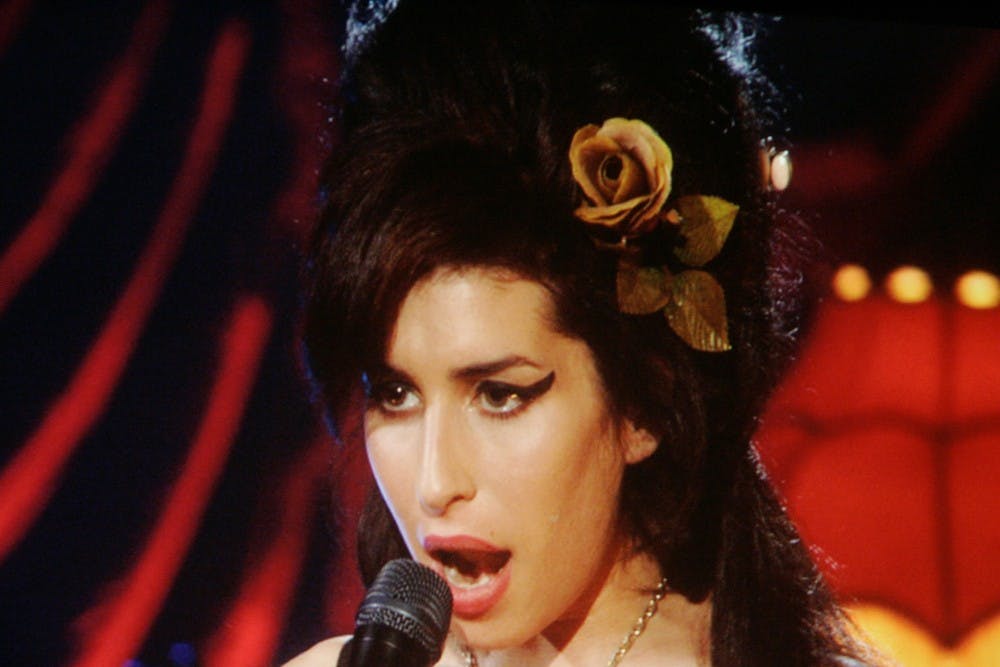Just as the world is saying “Hello” to Adele after her four-year hiatus, we are finally saying goodbye to the late Amy Winehouse.
After the documentary “Amy” was released for mass audiences in the summer, the soundtrack of the film has finally hit the market.
Though the documentary received mixed reviews about immortalizing the singer and her personal life — Adele, an avid Amy fan, critiqued the film in an i-D interview in which she said she “felt like (she) was intruding” — the true fans were holding out for the album. Whatever rendition of “Amy” director Asif Kapadia could throw together was insignificant if the songs — the right songs — were there.
To be honest, this is a sobering wakeup call for the audience that this isn’t a Winehouse record.
The pseudo-album contains a few of Amy’s greatest hits and some live performances from the film to chronicle her sudden uprising and equally sudden downfall. Wedged between them are songs by Antonio Pinto, a literal film score — and let’s be honest, the only film scores anyone enjoys listening to are those created by Hans Zimmer.
It’s almost as if the producers threw on a couple mainstream Winehouse favorites and slapped the documentary poster of the notorious beehive and winged eye-liner on the cover and called it a day.
Where is the rare track of her version of “Moon River”?
How could anyone leave out “Me & Mr. Jones,” “I Heard Love Is Blind” or even “Take the Box”?
One of her best songs, “Love Is a Losing Game,” was on the soundtrack, but it certainly wasn’t the best version. We hear a live performance at the Mercury Awards in 2007 during one of the peaks of Winehouse’s addiction problems. Why didn’t we hear the in-studio piece set to only a keyboard?
Of course, there are the brilliant placements on the album, like her duet with Tony Bennett in “Body and Soul” and the live version of “What Is It About Men” where Winehouse confirmed the song was written about her flawed relationship with her father.
In reality, the soundtrack is just a reminder that she’s gone.
You can’t have what could have been, you can’t raise the dead, and you can’t have any more of Winehouse. Paul MacInnes from the Guardian couldn’t have said it any better: “It’s a collection for those that want to remember the film, not the artist.”
We don’t get the b-sides, the “lost” demos we’ve heard on YouTube or even all of her hits you didn’t hear on American radio.
We get a feeble attempt at memorializing one of the greatest British voices in history for those willing to be ripped-off.
It isn’t what fans wanted and — though the statement might be bold to make — Winehouse probably wouldn’t have wanted it this way either.
Yes, listening to the final track, the live version of her infamous “Valerie” at the BBC Radio Lounge, will yield misty eyes and a strong ache in your heart.
But that ache you feel is nostalgia and the vain wish that a stolen voice could sing differently one last time.




